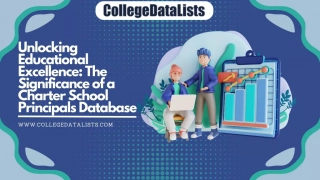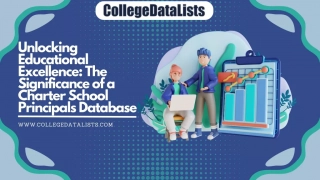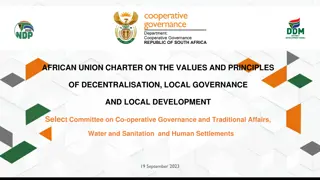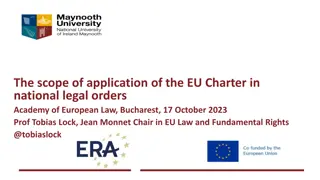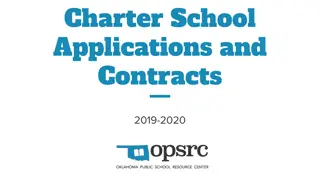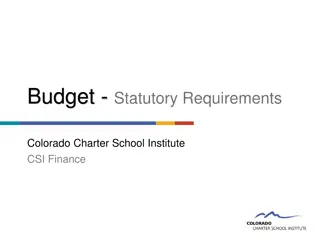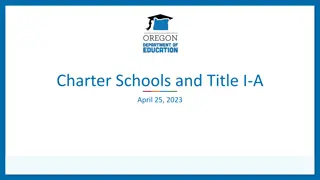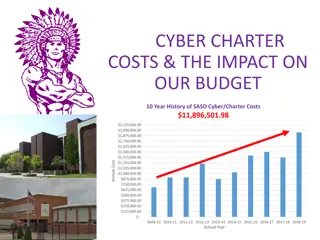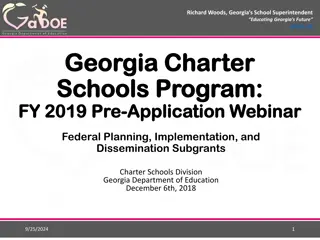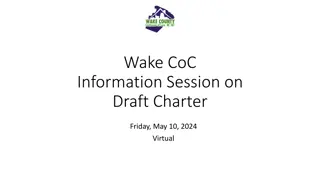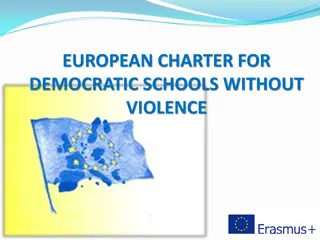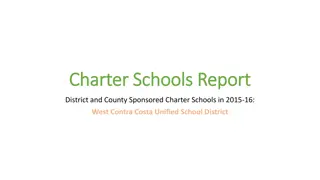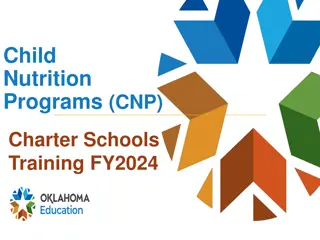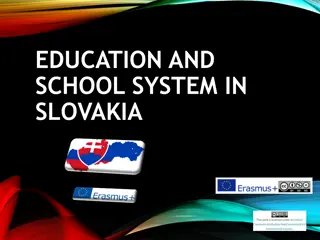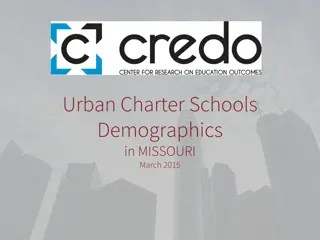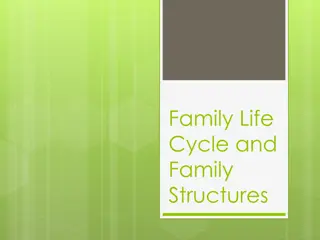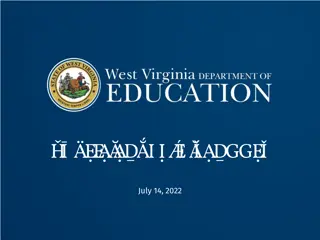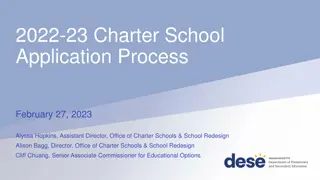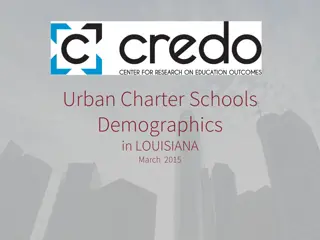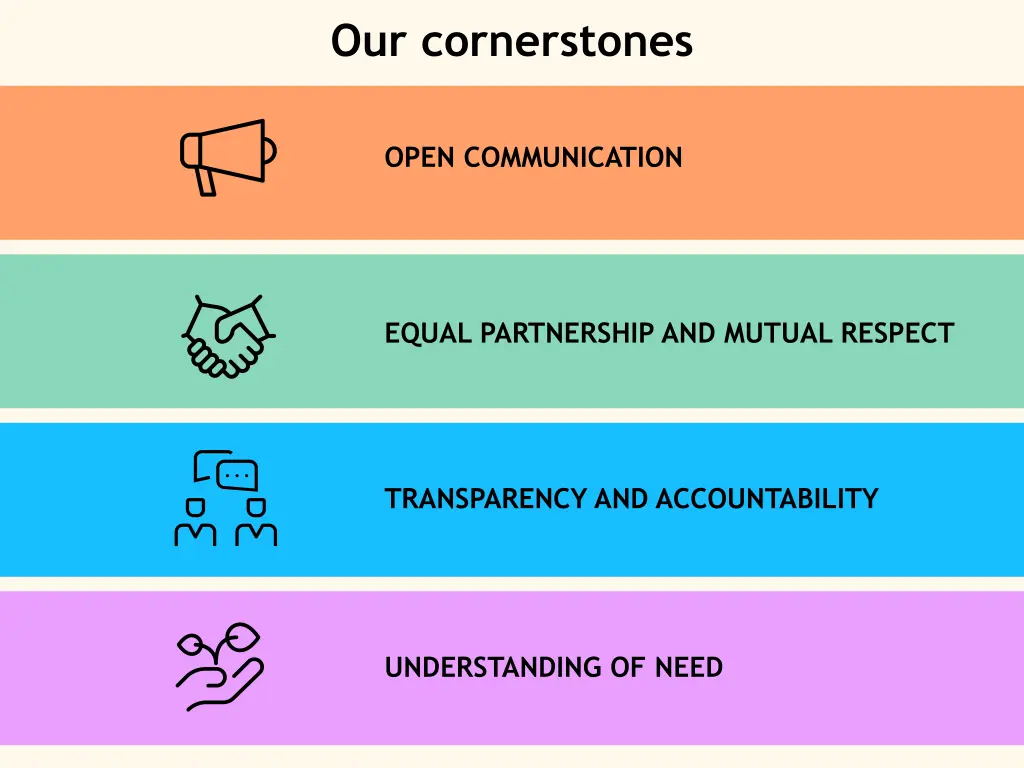
Building Strong Partnerships for Inclusive Practice and Wellbeing
Discover the cornerstones of open communication, equal partnership, mutual respect, transparency, and accountability in co-production and inclusive practice. Learn how parents, carers, and schools can collaborate effectively to support children and young people with special educational needs and disabilities. Embrace open communication, respect, understanding, and transparency to create positive relationships and improve outcomes for all involved.
Download Presentation

Please find below an Image/Link to download the presentation.
The content on the website is provided AS IS for your information and personal use only. It may not be sold, licensed, or shared on other websites without obtaining consent from the author. If you encounter any issues during the download, it is possible that the publisher has removed the file from their server.
You are allowed to download the files provided on this website for personal or commercial use, subject to the condition that they are used lawfully. All files are the property of their respective owners.
The content on the website is provided AS IS for your information and personal use only. It may not be sold, licensed, or shared on other websites without obtaining consent from the author.
E N D
Presentation Transcript
Our cornerstones OPEN COMMUNICATION EQUAL PARTNERSHIP AND MUTUAL RESPECT TRANSPARENCY AND ACCOUNTABILITY UNDERSTANDING OF NEED
Coproduction, inclusive practice and wellbeing Inclusive practice is making sure that everyone is included and accepted as an equal. Co-production is working together on something in equal partnership from the start. The law says that children and young people with special educational needs and/or disabilities (SEND), and their parents and carers, should have all the information and support they need to take part in decisions being made about them. OPEN COMMUNICATION This will give them good experiences and the best outcomes, and support everybody s wellbeing. EQUAL PARTNERSHIP AND MUTUAL RESPECT The four cornerstones can help families and schools collaborate as equal partners when deciding how best to meet needs. TRANSPARENCY AND ACCOUNTABILITY UNDERSTANDING OF NEED
OPEN COMMUNICATION Parent carers and schools will both aim to: Warmly welcome communication with each other Make time and space to listen Listen calmly and respectfully Seek to understandeach other s view without judgement Communicate with integrity and honesty Be approachable and actively engage in conversation Share and respond to each other s concerns in an agreed timeframe Provide information in a form that is clear, brief and can be understood Strive to use positive and constructive language, especially when encountering difficulties
EQUAL PARTNERSHIP AND MUTUAL RESPECT Parent carers and schools will both aim to: Communicate and listen respectfully Demonstrate empathy and seek understanding Value each person s knowledge of the children and young people in their context Seek each other s views and collaborate Remain non-judgmental Build a supportive community Reflect and learn together Work collaboratively to develop plans, set targets, and make reasonable adjustments Involve young people in decisions to be able to change and improve Work even harder to create positive relationships when encountering difficulties Understand that everyone is doing the best they can at the time
TRANSPARENCY AND ACCOUNTABILITY Parent carers and schools will both aim to: Follow up actions in an agreed set timeframe Share strategies and interventions that are being used so that there is consistency for the child / young person Value honesty without fear of judgement All have clarity of our actions and responsibilities Involve all partners in decision making and referrals Work together to explore adjustments so that all can participate Aspire for high expectations for all children and young people s outcomes Share information about the involvement of external services. Keep each other regularly updated on progress
UNDERSTANDING OF NEED Parent carers and schools will both aim to: Focus on the strengths and interests of children and young people Work together to make reasonable adjustments to ensure equity to all Support all adults to have the right skills, knowledge, understanding and empathy for individuals Co-produce strategies and interventions with children and young people Understand and adjust for the individual needs of parent carers Make every effort to overcome barriers to enable engagement

